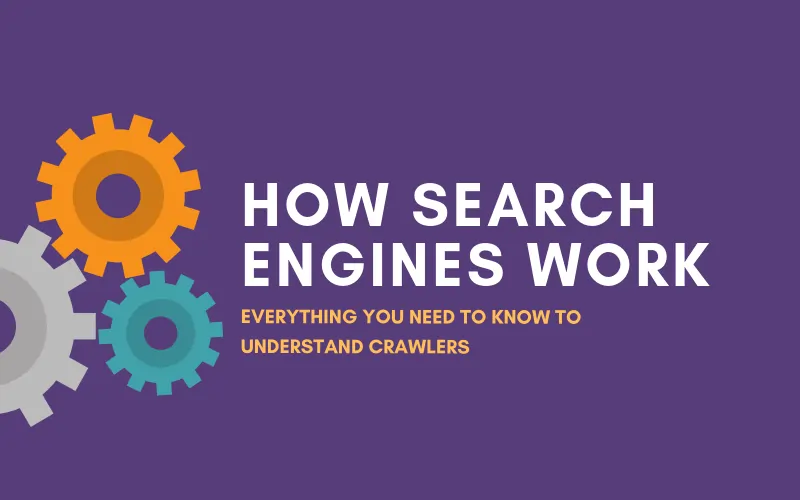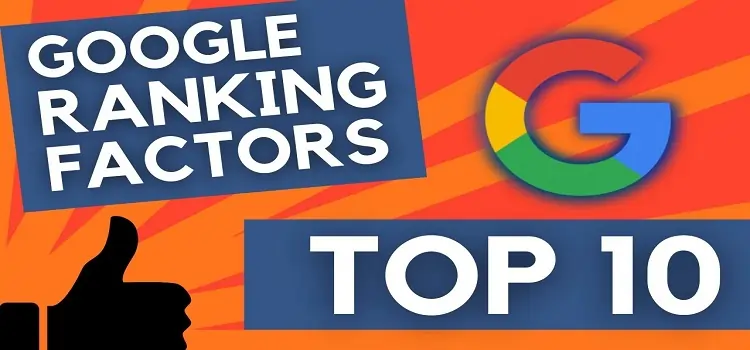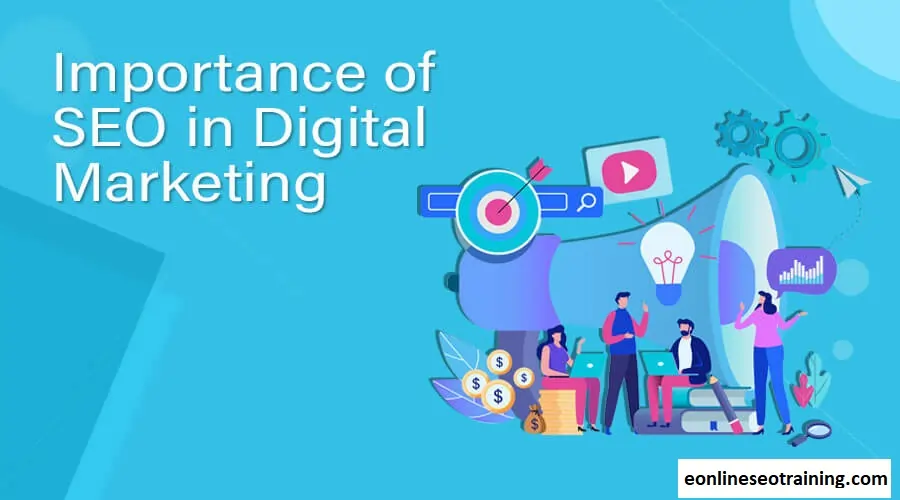Blog
How Search Engine Works : A Comprehensive Guide

How Search Engine Works
A Comprehensive Guide
We are pleased to welcome you to our detailed explanation on the operation of search engines! In this post, we will delve into the complex mechanisms that are behind search engines and shed light on the procedures that enable them to offer appropriate search results. Specifically, we will look at how search engines index websites. In our capacity as industry leaders, we are committed to illuminating for you the inner workings of Search Engine Works Guide in as much depth as possible so that you may make informed decisions. So, let’s dive in!
A Concise Introduction to Search Engines
A search engine is, at its most fundamental level, an intricate piece of software designed to give users the information that is most pertinent in response to the queries they type into the engine. Search engines are able to complete this mission by crawling and indexing websites, assessing ranking signals, and providing users with results that are tailored to best meet their needs.
Crawling and indexing
When a search engine finds a new web page or an updated version of an existing page, it dispatches automated agents known as “web crawlers” or “spiders” to investigate and collect information about the new page or updated version. These crawlers navigate the wide web by following links from one website to another, moving methodically from one location to another.
Uses and Functions of Web Crawlers
Web crawlers are programs that are built with the purpose of gathering data. They navigate the internet by clicking on different hyperlinks, and they remember information about each website that they visit. LSI Keywords: indexing of websites, database of search engines
The Importance of Web Indexing
The process of structuring and storing the acquired material in a way that can be searched is referred to as web indexing. The information that may be found on individual web pages is compiled into a massive database known as an index, which is created by search engines. When a user conducts a search query, indexing facilitates the speedy retrieval of relevant sites in response to the query. Indexing algorithms and information retrieval are two LSI keywords.
Ranking Signals: Determining Search Results
After a search engine has collected and indexed web pages, it is then responsible for determining the order in which to show those web pages in response to a certain query. In order to achieve this goal, search engines make use of a wide variety of ranking signals, which assist in determining the relevancy and quality of web sites.
The Importance of LSI Keywords for On-Page Optimization
On-page SEO is the process of improving the visibility and ranks of certain web pages within a website by making those pages more search engine friendly. On-page optimization is achieved through the utilization of keywords, the inclusion of meta tags, the organization of content, and the establishment of internal links. Keywords that are included in the LSI: meta description, keyword density, and header tags.
LSI Keyword: Backlinks and the Significance of Having Them in Your Website
Backlinks are links that originate on other websites and go to a certain page on a website. When it comes to establishing a page’s authority and rating, the number and quality of backlinks are two of the most important factors. Link building, domain authority, and anchor text are three LSI keywords.
The Quality of the Experience Provided to Users
Search engines make every effort to provide the greatest possible user experience by delivering search results. Insights into user happiness can be gained from metrics such as click-through rate, dwell duration, and bounce rate. which also assist search engines in making determinations of relevancy.
The Click-Through Rate (CTR)
The click-through rate is a measurement that compares the total number of users who view a certain search result to the number of users that click on a specific search result. A greater click-through rate (CTR) for a page implies that it is appealing and relevant to users, both of which can have a beneficial impact on the page’s rankings. LSI Keywords: search engine results page, meta title, and snippets
Dwell Time and the Significance of It
The amount of time that a person remains on a web page after clicking on a search result is referred to as the “dwell time.” Longer dwell periods are seen by search engines as an indicator of the relevance and quality of the information being indexed. Increased dwell time can be a result of information that is not just interesting and informative but also easy to utilize. User engagement, content richness, and readability are some examples of LSI keywords.
Increasing Your Visibility
Search Engine Optimization, also known as SEO, is the process of improving the exposure and organic ranks of websites by optimizing their web pages. Website proprietors may improve their online presence and generate organic traffic by being familiar. The algorithms used by search engines and putting best practices into action on their sites.
Researching and Targeting Specific Keywords
The process of researching keywords is figuring out which words and phrases people type into search engines. Website owners can better align their content with user intent and enhance their rankings by deliberately adding important keywords. Long-tail keywords, search volume, and keyword difficulty are all examples of LSI keywords.
The Role of Technical SEO
Technical search engine optimization focuses on improving a website’s infrastructure. Making sure that search engines can crawl, index, and interpret web pages as effectively as possible. Its compatibility with mobile devices, its URL structure. Its XML sitemaps. Performance of a website, structured data, and canonical tags are all LSI keywords.
Emerging Trends in the Technology Behind Search Engines
The progression of other technologies. Emerging trends are having a significant impact on the direction that search engines will go in the future.
The Effect of Voice Search on Online Activities
Voice search gives consumers the ability to do searches by talking out to their devices. Changes in search result presentation and optimization strategies are occurring as a direct result. These improvements in speech recognition technology. This is causing search engines to adjust to handle voice inquiries. Natural language processing, voice assistants, and highlighted snippets are examples of LSI keywords.
The Significance of Mobile-First Indexing
When indexing and ranking websites, mobile-first indexing gives the mobile version of a website’s content precedence over the desktop version. Search engines place a higher priority on mobile-friendly websites in order to provide users with the best possible experience. The prevalence of mobile devices continues to rise. responsive design, mobile optimization, and the Accelerated Mobile Pages (AMP) program
The Prospects for Internet Search Engines
There are exciting possibilities in store for the future of search engines as technology continues to grow and user expectations continue to develop. In the years to come, it is likely that technological advancements such as artificial intelligence, augmented reality, and tailored search experiences will have an impact on the way in which we engage with search engines.
Conclusion
To summarize, it is essential for everyone who wishes to improve their online presence. A solid understanding of how search engines function. You will be able to strategically place your web pages and increase their exposure in search results. If you have a solid understanding of the subtleties of crawling, indexing, ranking signals, user experience, and search engine optimization. In the ever-changing world of search engines, staying abreast of developing trends and adjusting your methods to account. Those trends are essential to remaining competitive.
FAQs
Q.1 When it comes to search engine optimization (SEO), what function do keywords play?
Keywords are quite important to search engine optimization . Because they assist search engines in comprehending the content and purpose of web pages. Utilization of keywords in a methodical manner can enhance the visibility and rankings of a page.
Q.2 To what extent do backlinks still play a role in SEO?
Backlinks are still a major factor in search engine rankings, so the answer is yes. It from other websites of high quality and repute.
Q.3 How can I make my website more mobile-friendly for visitors using mobile devices
To guarantee that your website is optimized for mobile users, check that it has a responsive design, a quick loading time, and content that is suitable to mobile devices. In addition, if you want to boost the performance of your mobile app, you might think about implementing Accelerated Mobile Pages (AMP).
Q.4 To what extent will search engine optimization be impacted by voice search?
A: The use of voice recognition in search engines is the wave of the future. Creating material that mimics natural conversation, focusing on long-tail keywords. Aiming for featured snippets that deliver answers in a condensed form are all aspects of optimizing for voice search.
Q.5 What kinds of things can I anticipate from search engines in the years to come?
Including developments in artificial intelligence, tailored search experiences. The incorporation of upcoming technologies such as augmented reality.
Q.6 The order in which search results are shown is determined by the algorithm used by a search engine.
The order in which search results are displayed is determined by search engines using complicated algorithms. That take into account a variety of criteria, including relevance, quality, user experience, and backlinks.
Keep in mind that keeping up with the most recent trends. Consistently modifying your SEO methods can help you maintain a competitive advantage in the world of search engines. Which is constantly shifting and developing.







